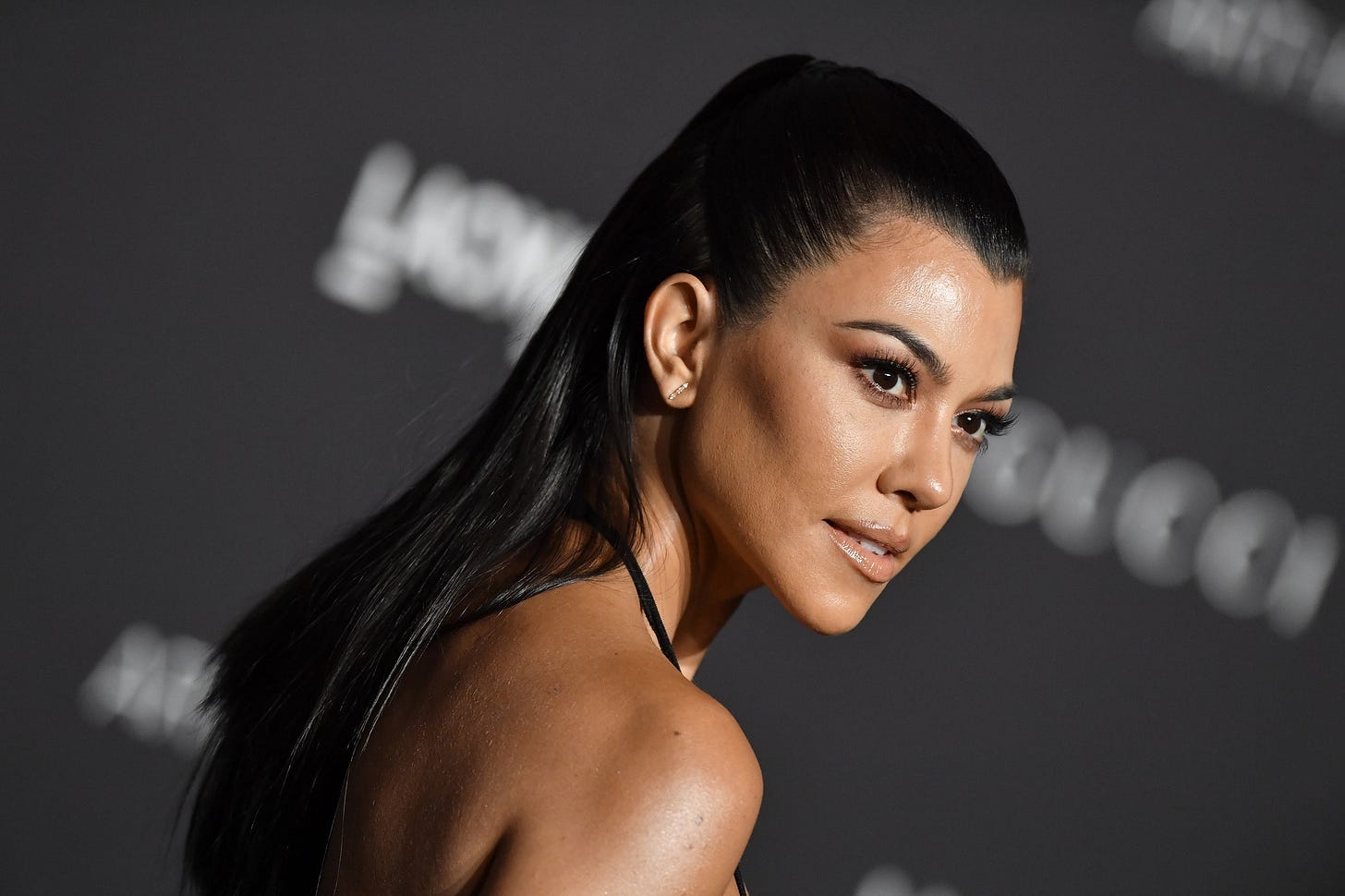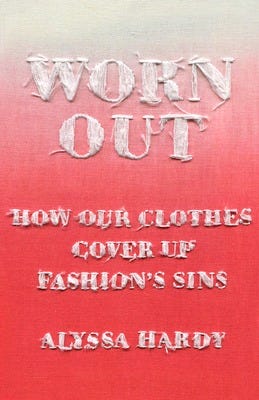The Issue With Kourtney Kardashian's "Sustainable" Fast Fashion Line
She announced a collaboration with Boohoo.


Kourtney Kardashian-Barker announced she is launching a clothing collection with fast fashion retailer Boohoo. Kardashian told WWD that the line would be “sustainable,” using recycled fabrics, etc., because she was concerned about fast fashion’s environmental impact.
“When Boohoo first approached me to collaborate on a line, I was concerned about the effects of the fast-fashion industry on our planet,” she said in a statement to the outlet. “Boohoo responded with excitement and a desire to incorporate sustainable practices into our line. It’s been an enlightening experience speaking directly with industry experts. I’m grateful for the opportunity to use my platform to drive conversations that lead to ongoing change and use my voice to share actionable tips with consumers on how we can play our own part. There’s still lots of work to be done and improvements to be made, but I truly believe that any progress we can make when it comes to sustainability is a step in the right direction and will open up the conversation for future advancements.”
While it may be good that the conversations are being had, recycled cotton or not, Boohoo is not a sustainable brand. In addition to dozens of others, one line can’t undo the damage they have created. For starters, Boohoo, which also owns Pretty Little Thing, is not slowing down on the number of disposable trend pieces they are making. This clothing ends up in landfills or in secondhand markets around the world, which are overrun with clothing. What’s more, Boohoo has had several labor violations in the last few years, including an incident recently where workers said they were making below minimum wage. If your recycled cotton shirt is made by someone who had their wages stolen while sewing it, then that shirt should not be considered sustainable.
The way this collection is presented touches on two ideas I discuss in my book, Worn Out: How Our Clothes Cover Up Fashion’s Sins. The first is that influencers have the power to redirect our attention and shape our feelings about specific brands. Kourtney, for example, is putting out the message that Boohoo is sustainable, and to someone who may not look beyond that specific advertisement, the brand now has a better reputation. This leads to the next point in my book: greenwashing is so easy for fashion brands because we WANT it to be true, especially when there is a celebrity attached. When they look good in that $10 top, we want to have that item for ourselves, and we want to feel good about the purchase. But shouldn’t we look a little harder? Don’t the people who make our clothing deserve that?
This type of marketing is one of the biggest challenges for the sustainability movement in fashion. For every brand trying to do it better, there is a giant one right behind them, spending money to get attention for doing far less.
You can read more about these issues in my book, which comes out on September 27th. Preorder available here.
*****************************************************************************
Thank you for reading!!
This Stuff is a newsletter by me! fashion journalist, Alyssa Hardy. Three times a week, I unpack the ways our clothes impact the world through news, essays, interviews and more. Subscribe for free here and follow me on Instagram, Facebook and Twitter.
You can preorder my book "Worn Out: How Our Clothes Cover Up Fashion's Sins" here.




